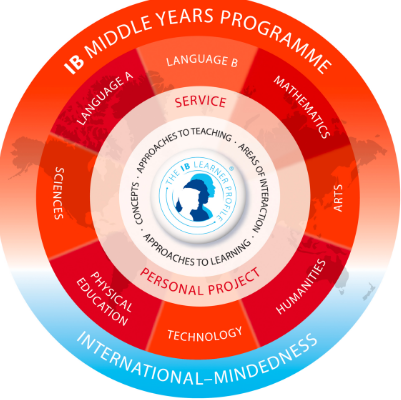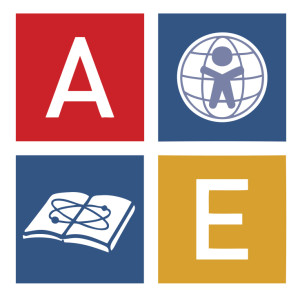
What is IB?
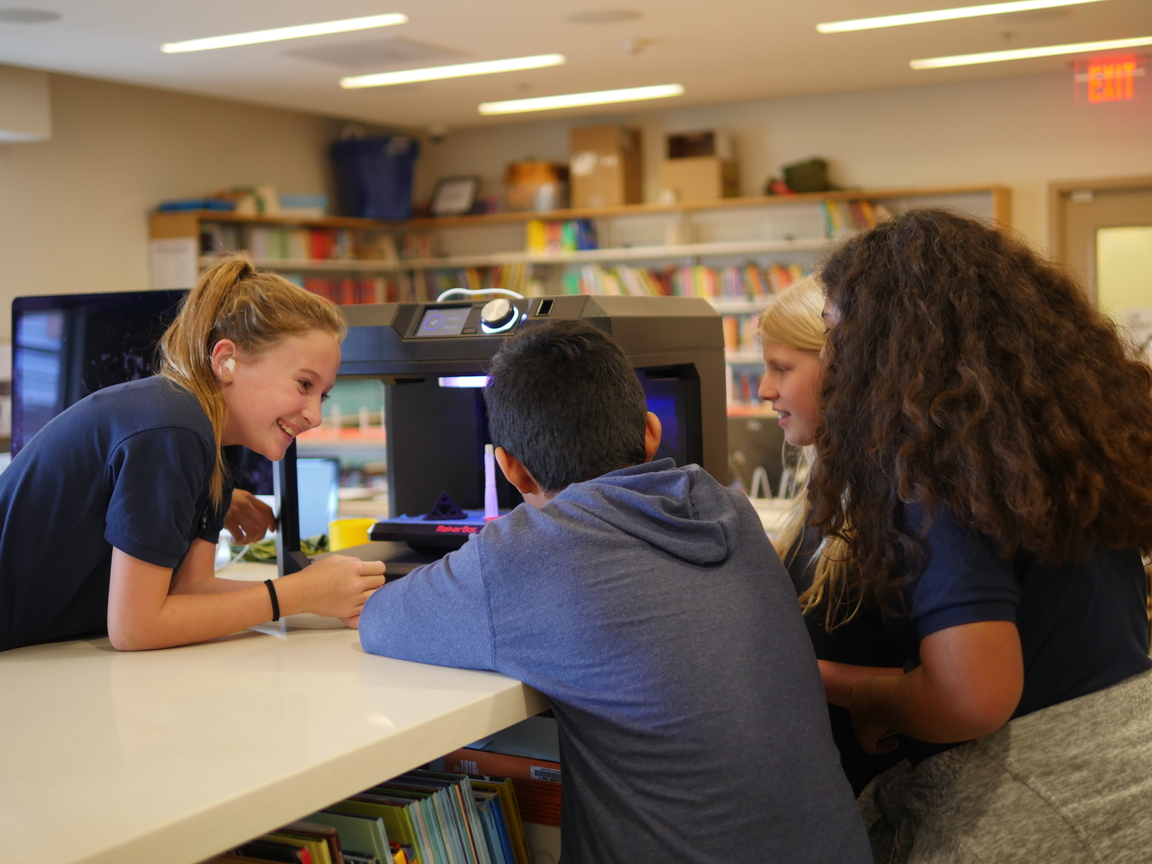 The International Baccalaureate is a non-profit educational foundation, motivated by its mission, focused on the student. IB programs develop the intellectual, personal, emotional and social skills to live, learn and work in a rapidly globalizing world.
The International Baccalaureate is a non-profit educational foundation, motivated by its mission, focused on the student. IB programs develop the intellectual, personal, emotional and social skills to live, learn and work in a rapidly globalizing world.
Since its founding in 1968, it works with schools in approximately 150 countries to develop and offer three challenging programs to more than one million students from ages 3 to 19.
The IB promotes intercultural understanding and respect, not as an alternative to a sense of cultural and national identity, but as an essential part of life in the 21st century.
International Baccalaureate Mission Statement:
The International Baccalaureate® aims to develop inquiring, knowledgeable and caring young people who help to create a better and more peaceful world through intercultural understanding and respect.
To this end the organization works with schools, governments and international organizations to develop challenging programmes of international education and rigorous assessment.
These programmes encourage students across the world to become active, compassionate and lifelong learners who understand that other people, with their differences, can also be right.
Links:
What is the IB Middle Years Program?
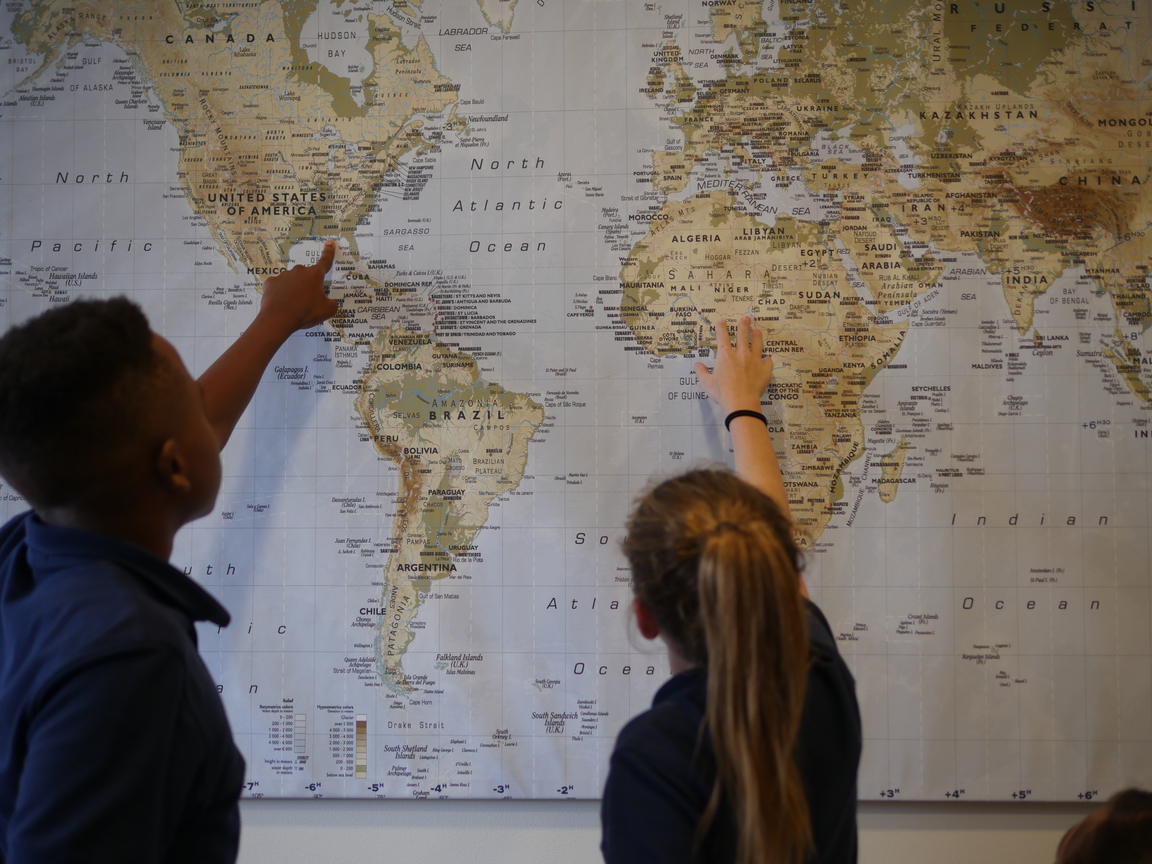 The Middle Years Program (MYP)
The Middle Years Program (MYP)
The MYP aims to develop active learners and internationally minded young people who can empathize with others and pursue lives of purpose and meaning.
The programme empowers students to inquire into a wide range of issues and ideas of significance locally, nationally and globally. The result is young people who are creative, critical and reflective thinkers.
Why offer the MYP?
Research shows that students participating in the MYP:
- Build confidence in managing their own learning
- Learn by doing, connecting the classroom to the larger world
- Outperform non-IB students in critical academic skills
- Consistently have greater success in IB Diploma Programme examinations
- Thrive in positive school cultures where they are engaged and motivated to excel
- Develop an understanding of global challenges and a commitment to act as responsible citizens.
Additional link:
AEACS IB Timeline
MYP
- Fall of 2006: Albert Einstein Academy Charter Middle School Opened on the Ash St. Campus
- Fall of 2009: Began the IB Authorization Process
- Spring of 2010: International Baccalaureate Middle Years Program Authorization was approved. Albert Einstein Academies became the first First K-8 IB School in San Diego.
- Spring of 2013:
- Successfully completed first IB Evaluation Visit
- Our 2013 IB Action Plan
- Fall of 2015: Middle School opened on the 26th Street campus
- Spring of 2019: Second evaluation visit will be conducted
- 2020: LEAs combined and 6 year charter renewal granted including adding a high-school campus
- 2022: Building purchased for High School
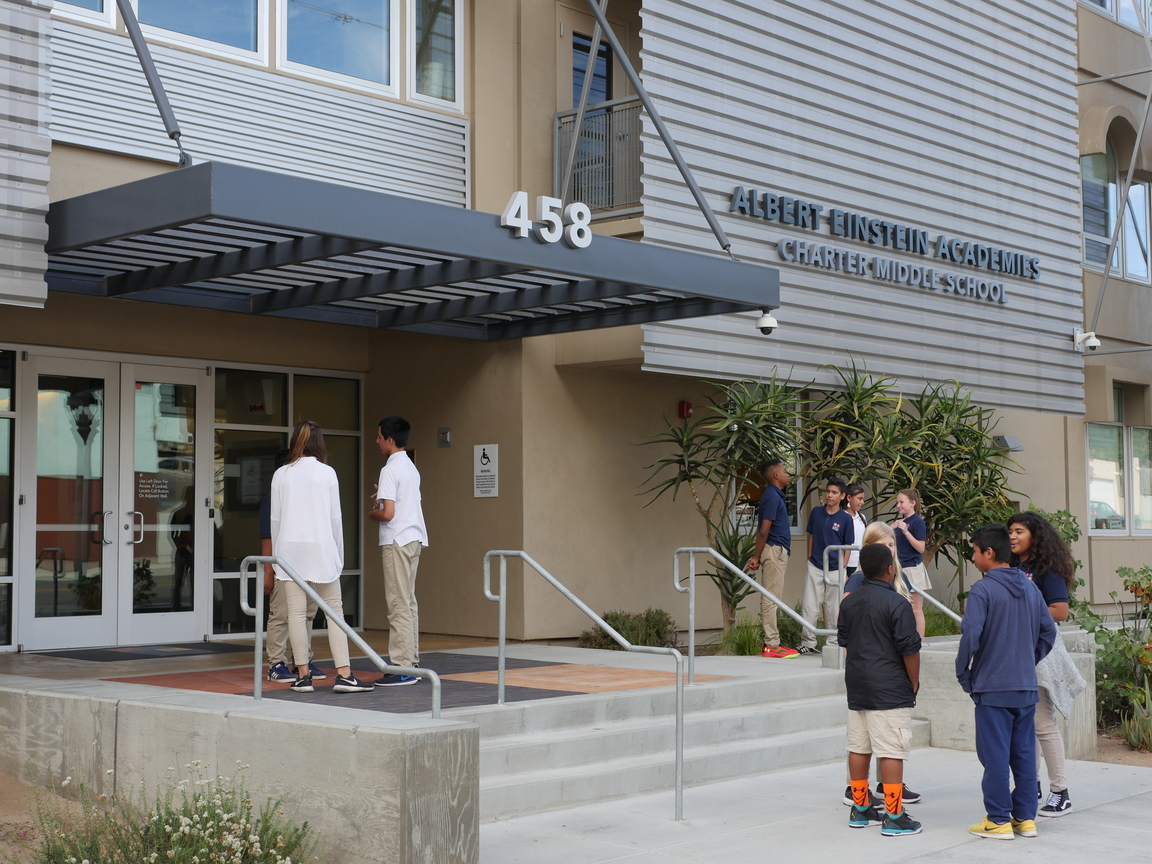
Who is an IB student?
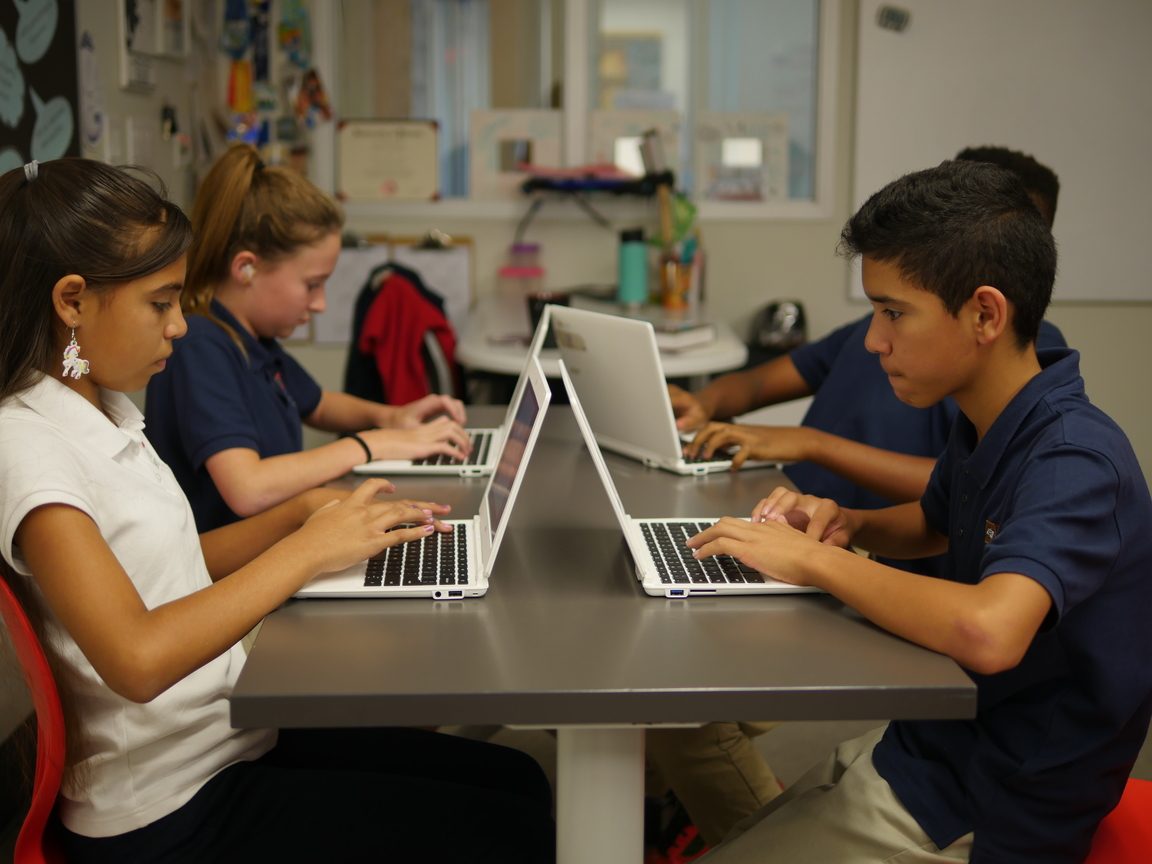 All students at Albert Einstein Academy Charter Middle School participate in the International Baccalaureate Middle Years Program.
All students at Albert Einstein Academy Charter Middle School participate in the International Baccalaureate Middle Years Program.
Students at International Baccalaureate® (IB) World Schools are given a unique education.
They will:
- Be encouraged to think independently and drive their own learning
- Take part in programmes of education that can lead them to some of the highest ranking universities around the world
- Become more culturally aware, through the development of a second language
- Be able to engage with people in an increasingly globalized, rapidly changing world.
Inclusion and learning diversity in MYP
As part of the MYP curriculum, schools address differentiation within the written, taught and assessed curriculum.
This is demonstrated in the unit planner and in the teaching environment, both of which are reviewed during programme authorization and evaluation.
The MYP allows schools to continue to meet state, provincial or national legal requirements for students with access needs. Schools must develop an inclusion/special educational needs (SEN) policy that explains assessment access arrangements, classroom accommodations and curriculum modification that meet individual student learning needs.
How do IB students learn?
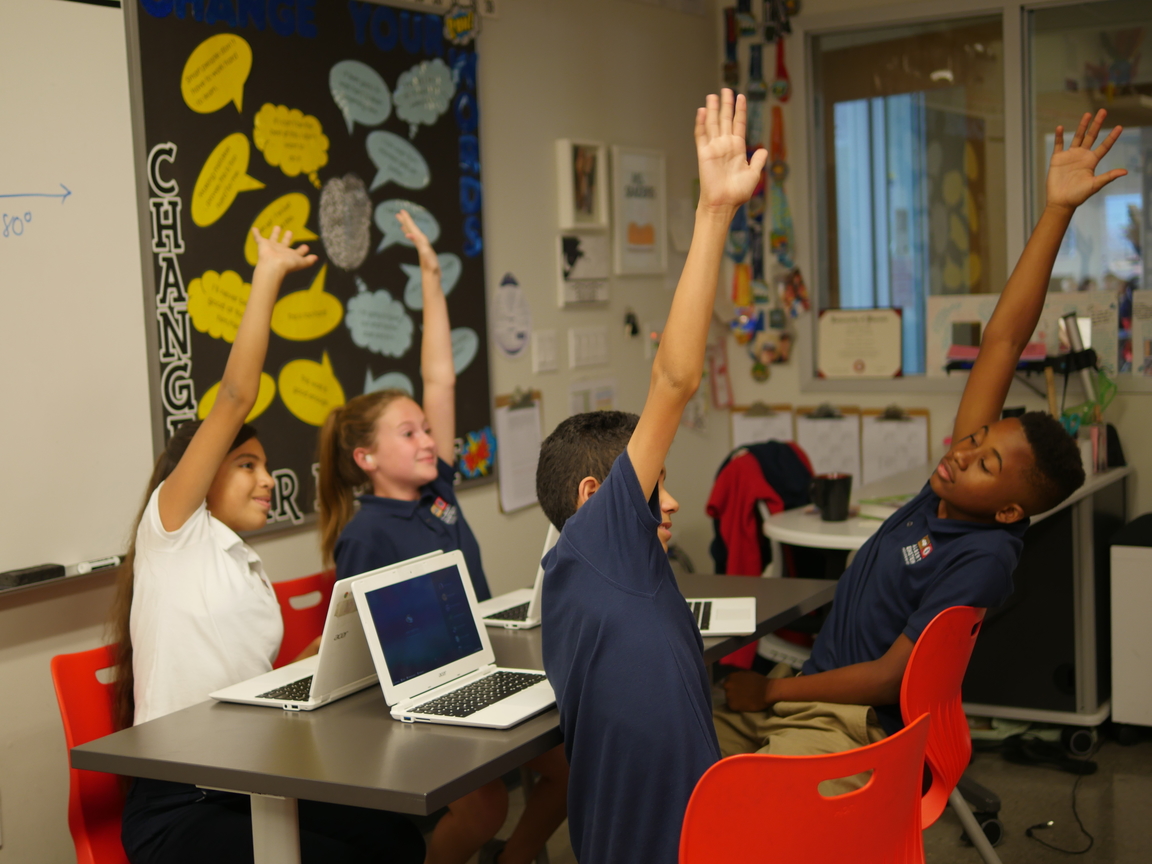 At the centre of international education in the IB are students aged 3 to 19 with their own learning styles, strengths and challenges. Students of all ages come to school with combinations of unique and shared patterns of values, knowledge and experience of the world and their place in it. Promoting open communication based on understanding and respect, the IB encourages students to become active, compassionate, lifelong learners. An IB education is holistic in nature—it is concerned with the whole person. Along with cognitive development, IB programmes address students’ social, emotional and physical well-being. They value and offer opportunities for students to become active and caring members of local, national and global communities; they focus attention on the values and outcomes of internationally minded learning described in the IB learner profile. IB learners strive to become inquirers, knowledgeable, thinkers, communicators, principled, open-minded, caring, risk-takers, balanced and reflective. These attributes represent a broad range of human capacities and responsibilities that go beyond intellectual development and academic success. They imply a commitment to help all members of the school community learn to respect themselves, others and the world around them. IB programmes aim to increase access to the curriculum and engagement in learning for all students. Learning communities become more inclusive as they identify and remove barriers to learning and participation. Commitment to access and inclusion represents the IB learner profile in action.
At the centre of international education in the IB are students aged 3 to 19 with their own learning styles, strengths and challenges. Students of all ages come to school with combinations of unique and shared patterns of values, knowledge and experience of the world and their place in it. Promoting open communication based on understanding and respect, the IB encourages students to become active, compassionate, lifelong learners. An IB education is holistic in nature—it is concerned with the whole person. Along with cognitive development, IB programmes address students’ social, emotional and physical well-being. They value and offer opportunities for students to become active and caring members of local, national and global communities; they focus attention on the values and outcomes of internationally minded learning described in the IB learner profile. IB learners strive to become inquirers, knowledgeable, thinkers, communicators, principled, open-minded, caring, risk-takers, balanced and reflective. These attributes represent a broad range of human capacities and responsibilities that go beyond intellectual development and academic success. They imply a commitment to help all members of the school community learn to respect themselves, others and the world around them. IB programmes aim to increase access to the curriculum and engagement in learning for all students. Learning communities become more inclusive as they identify and remove barriers to learning and participation. Commitment to access and inclusion represents the IB learner profile in action.
How does this happen at AEACS?
- We value, support, and model the Learner Profile
- The profile aims to develop learners who are:
- Inquirers
- Knowledgeable
- Thinkers
- Communicators
- Principled
- Open-minded
- Caring
- Risk-takers
- Balanced
- Reflective
- Skill Development
- A unifying thread throughout all MYP subject groups, Approaches to Learning (ATL) provide the foundation for independent learning and encourage the application of their knowledge and skills in unfamiliar contexts. Developing and applying these social, thinking, research, communication and self management skills helps students learn how to learn.
- Approaches to learning (ATL) skills are as follows:
- Communication: I. Communication
- Social: II. Collaboration
- Self-Management: III. Organization, IV: Affective, V: Reflection
- Research: VI: Information literacy, VII: Media literacy
- Thinking: VII: Critical thinking, IX: Creative thinking, X: Transfer
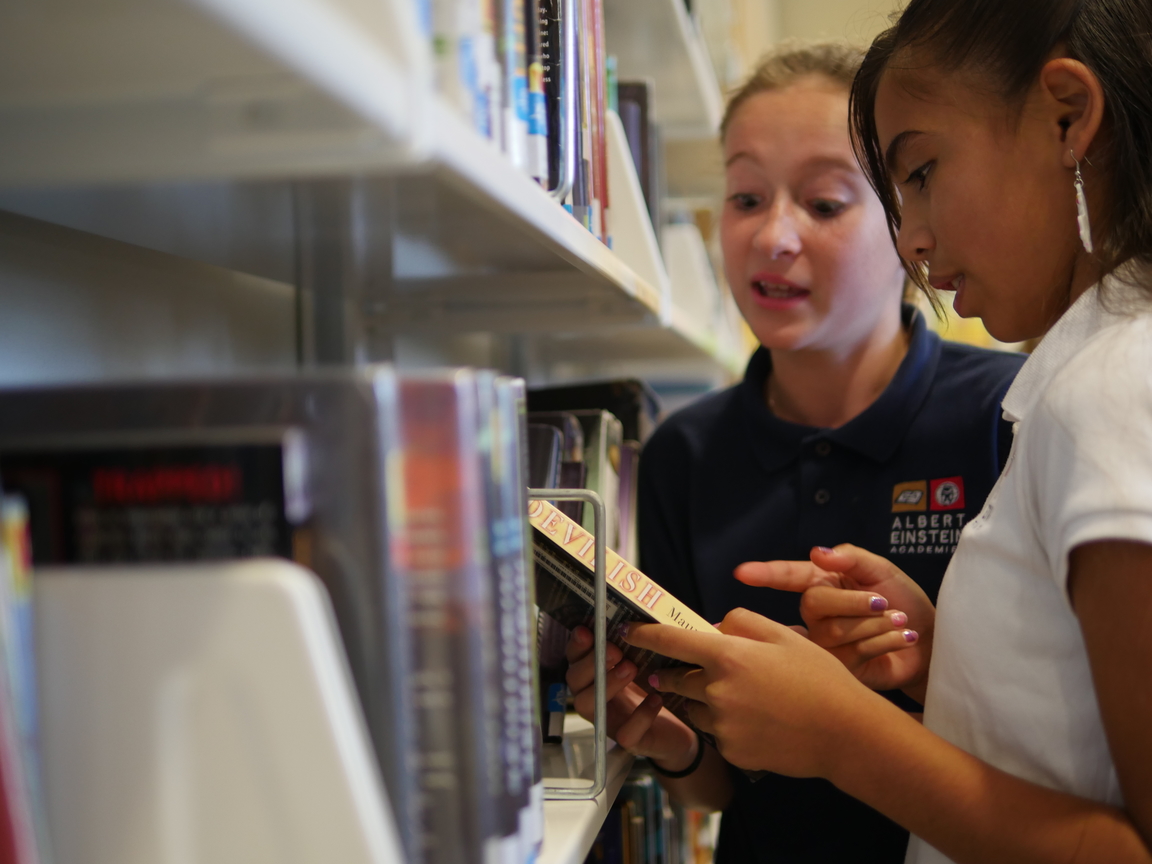 Conceptually driven Curriculum in the MYP
Conceptually driven Curriculum in the MYP
- Teachers in each of the eight IB subject areas follow a specific IB unit plan that emphasizes the concepts below.
- Concepts are big ideas that have relevance within specific disciplines and across subject areas. MYP students use concepts as a vehicle to inquire into issues and ideas of personal, local and global significance and examine knowledge holistically. The MYP prescribes sixteen key interdisciplinary concepts along with related concepts for each discipline.
- Global contexts help students understand the relevance and importance of their study for understanding their common humanity and shared guardianship of the planet.
- All IB MYP curriculum is designed under the following six concepts:
- Identities and relationships
- Personal and cultural identity
- Orientations in space and time
- Scientific and technical innovation
- Fairness and development
- Globalization and sustainability
- All IB MYP curriculum is designed under the following six concepts:
- Key concepts help students explore big ideas across curriculum.
- Aesthetics
- Change
- Communication
- Communities
- Connections
- Creativity
- Culture
- Development
- Form
- Global Interactions
- Identity
- Logic
- Perspective
- Relationships
- Time, place, and space
- Systems
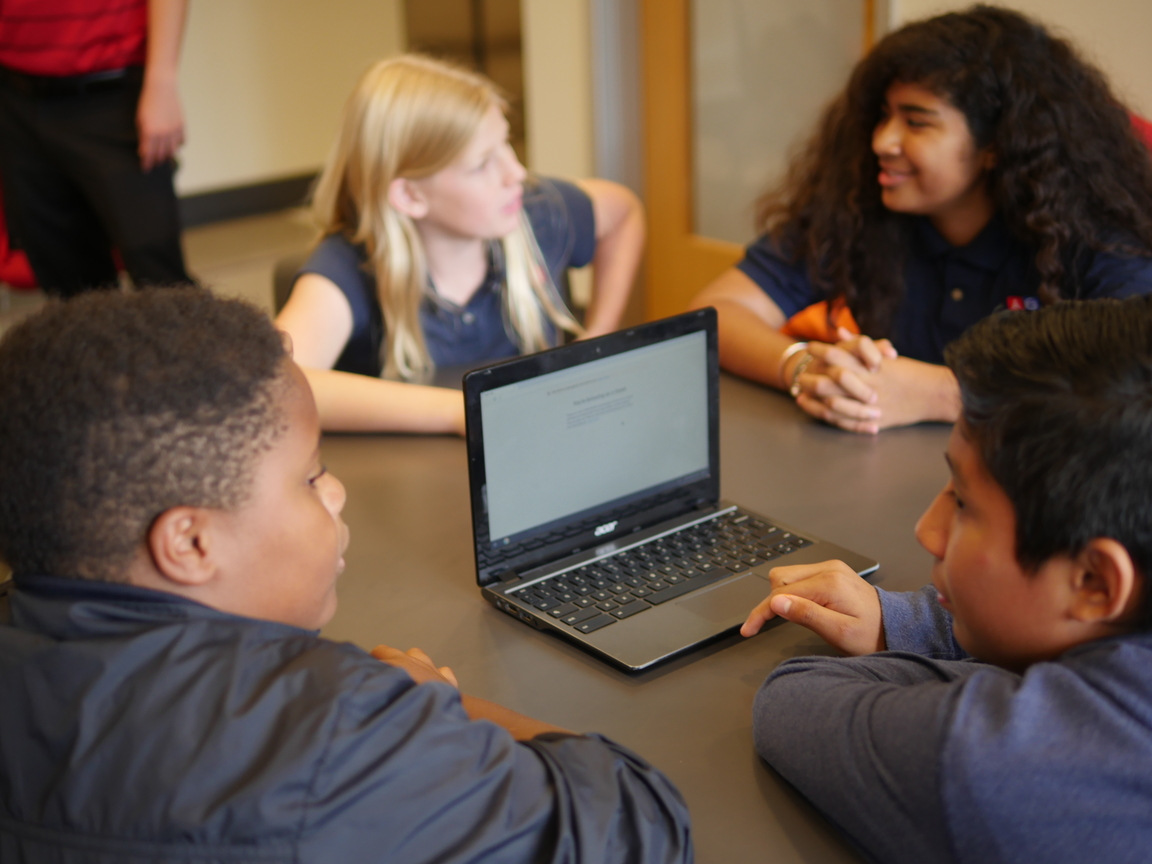 Concept-based learning is different than topic-based learning in that it requires that students transfer knowledge across subject areas, versus memorizing facts limited to one subject area discipline. For example, the concept of “change’ can be applied to math, art, science, language arts, and more. The same concept can be applied across time and cultures. When teaching and learning are approached through a conceptual lens, it leads to critical thinking and understanding.
Concept-based learning is different than topic-based learning in that it requires that students transfer knowledge across subject areas, versus memorizing facts limited to one subject area discipline. For example, the concept of “change’ can be applied to math, art, science, language arts, and more. The same concept can be applied across time and cultures. When teaching and learning are approached through a conceptual lens, it leads to critical thinking and understanding.- Key Concepts are macro concepts that give learning breadth, and they include the following seven concepts:
- Form
- Function
- Change
- Connection
- Causation
- Responsibility
- Perspective
- Related Concepts are micro concepts that provide depth into subject area learning and vary based on each Unit of Inquiry, at each grade level.
How are IB students assessed?
What subjects are taught in an IB school?
IB Courses
When enrolled in an International Baccalaureate School, students in Middle Years Program participate in eight subjects:
- Language acquisition
- Language and literature
- Individuals and societies
- Sciences
- Mathematics
- Arts
- Physical and health education
- Design
Additional information:
